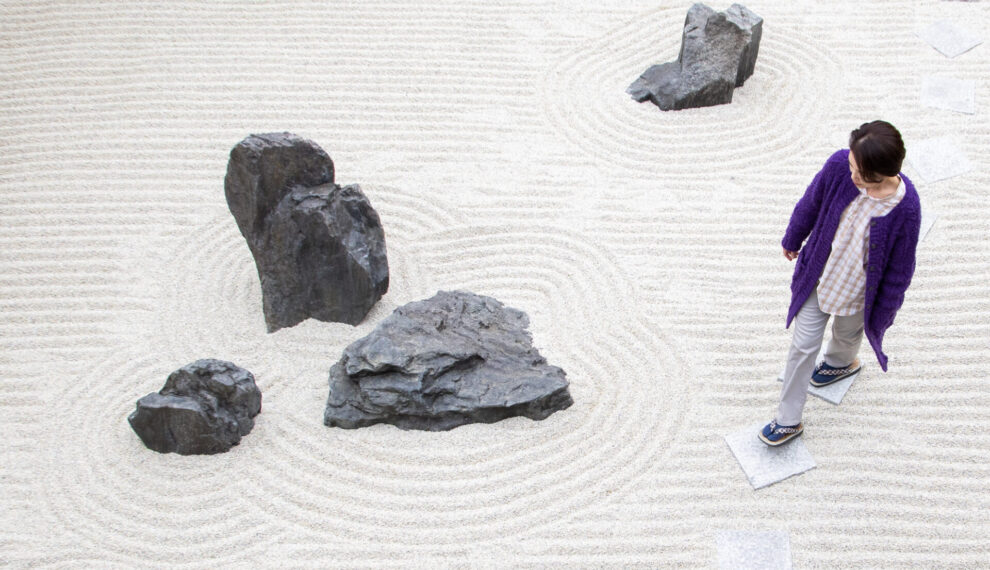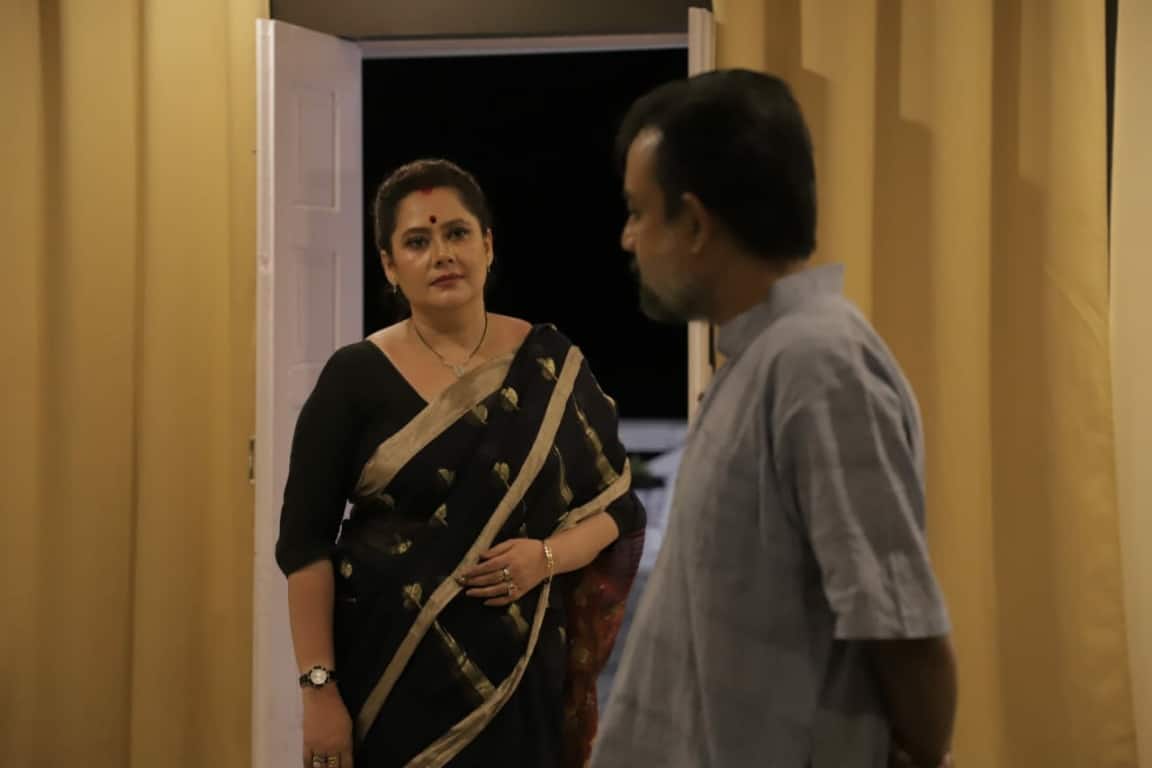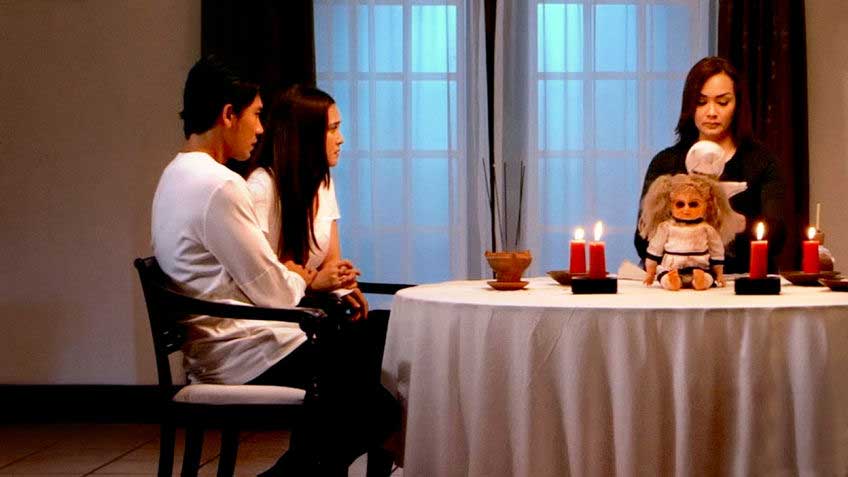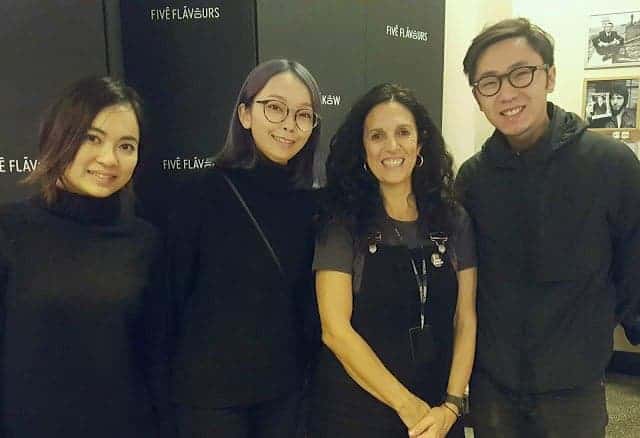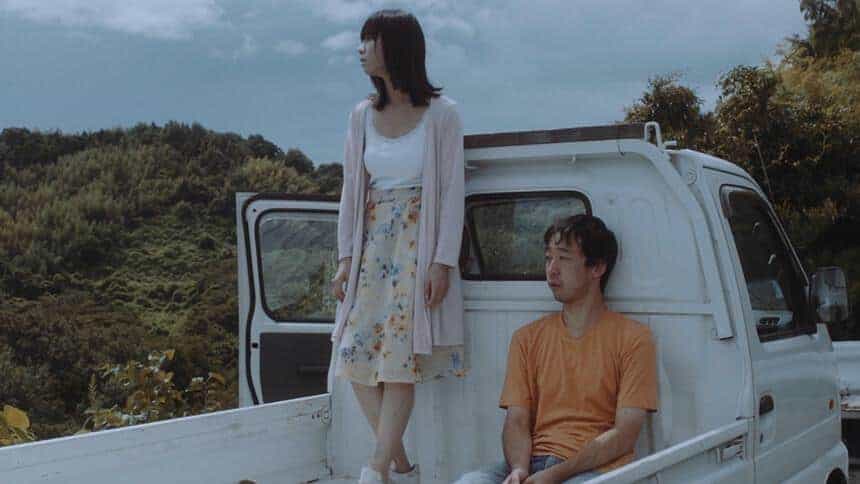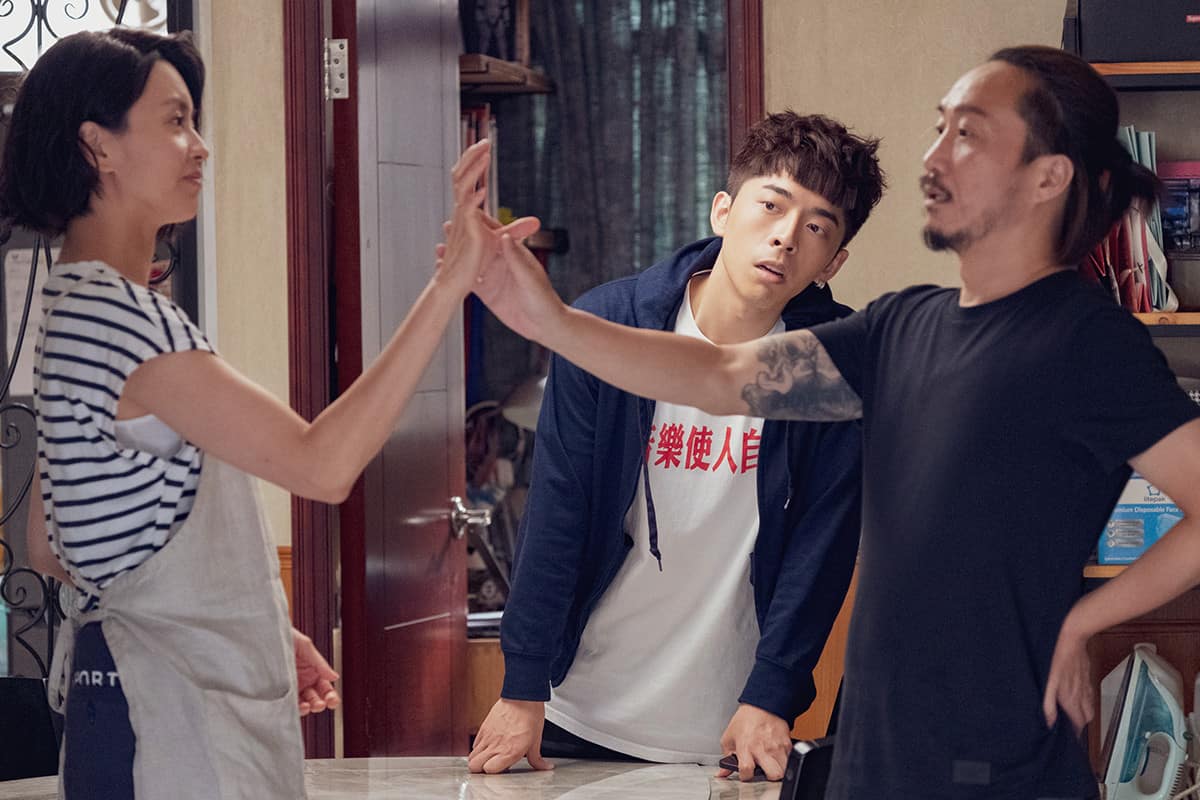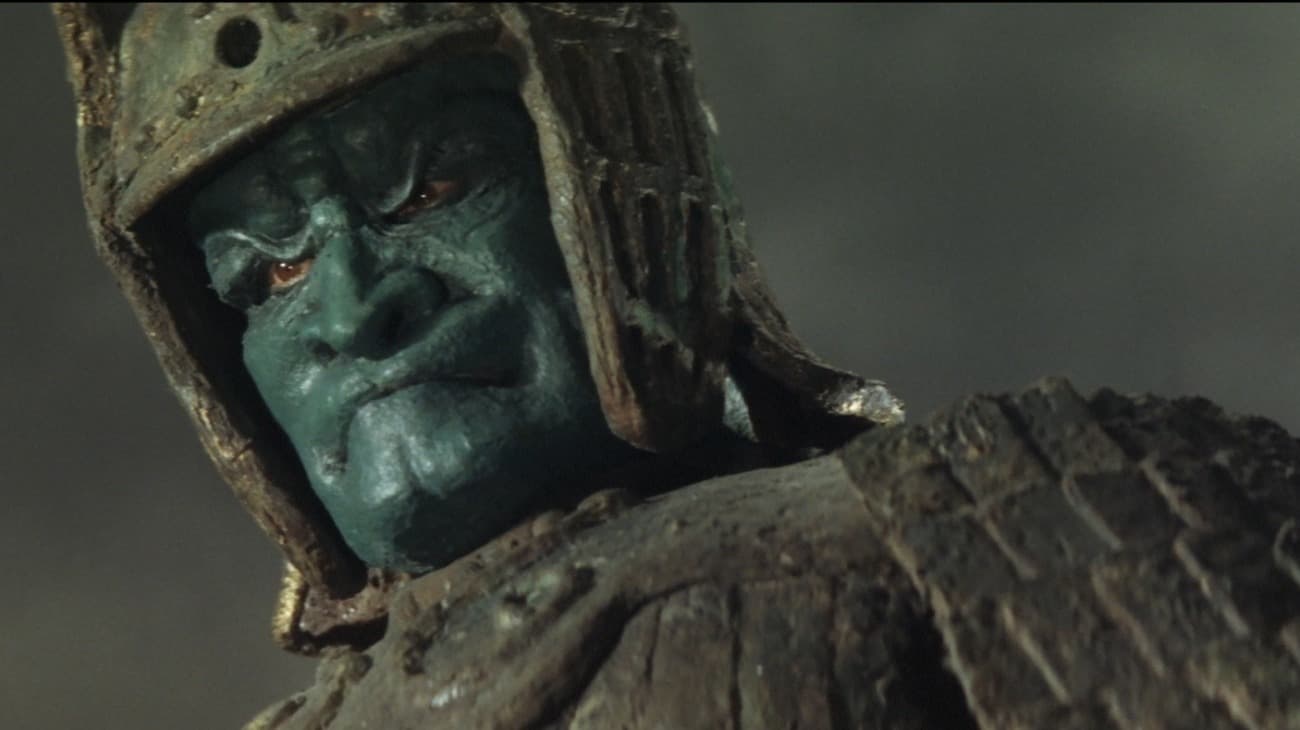A woman buries her anger deep under a lake of serenity only to discover that every small action or decision can set off a chain of reverberating ripples, in the latest movie from director Naoko Ogigami, aptly named “Ripples” (波紋 Hamon). Her trademark quirky comedy style and unique perspective are still here, but this time her narrative voice is a notch more dramatic.
Ripples is screening at Five Flavours

A prologue set in the aftermath of a fictional eco-disaster, introduces the Sudo family living in a tranquil suburban neighbourhood. Yoriko Sudo (Mariko Tsutsui) is a woman in her 50s, defined by her roles of wife of a salaryman (Osamu, played by Ken Mitsuishi), mother of a disaffected young man (Takuya, played by Hayato Isomura) and reluctant carer of Osamu's bedridden – but well able to fondle her – father. Water is scarce, as probably contaminated after the earthquake, and bottled water has become a precious good. One ordinary day, Yoriko calls everybody around the table at dinner time, but Osamu has mysteriously vanished. Fast forward few years and Yoriko has found a balanced and controlled lifestyle on her own. With the husband long gone, the father-in-law now deceased and her son working in another town, she enjoys her life as a single woman. She works in a supermarket by day and is deeply committed to an unconventional religious group known as the Ryokumei-kai, or the Green Life Water Society. She dedicates her time to prayer and intensive study and the whole house is full of bottles of pure (and expensive) holy water. Her garden – once adorned by colourful flowers – has now mutated into a dry Karesansui, Zen Garden, where she carefully rakes gravel every day, to represent ripples in water.
One day though, Osamu reappears; he is terminally ill and wishes – or so he declares – to spend his remaining time with his wife. Not surprisingly, Yoriko is shocked and rather disappointed to see him, but – feeling forced by this inescapable emotional blackmail – she allows him to stay in her house. His reappearance is akin to a stone thrown into the calm waters of her existence, and her whole well-built equilibrium is at risk of crumbling down. Little help comes her way from Mizuki (Hana Kino, who curiously resembles Masako Motai, a regular presence in many of Ogigami's films), a janitor she befriends at work whose down to earth and sarcastic manners give a bit of strength to Yoriko, but even Mizuki has her own share of accurately concealed troubles.
At the time of her previous movie “Riverside Mukolitta”'s release, I was happy to have the opportunity to interview director Ogigami, and on that occasion, she revealed the inspiration of Mukolitta's main plot came from a real story she had come across in a TV documentary. I wouldn't be surprised if even this film was inspired by several real-life tales of post-disaster. But regardless the truthfulness or not of my own personal speculation about the source material, “Ripples” remains an accurate and vivid observation of how we react to trauma and fear, and the way we try to stick together the pieces of a broken existence.
Water, and the symbolism that arises from its inherent qualities, like its clarity and its calm and still surface, is widely utilised in “Ripples”, in many occasions. The most apparent is linked to the cult-like religion which Yoriko is devoted to. In Buddhism, water is used as a metaphor for the path to enlightenment and, just as purifying water, the Ryokumei-kai water aims to cleanse the mind of impurities, helped – of course – by generous money donations. But above all, as the devotees chant in their dancing routine, the holy water helps them to overcome fear, hence the popularity of these cult-like religions in the aftermath of tragic events. Yoriko has stashed under a dead calm surface her fear and rage for being left alone in the middle of the disaster, struggling to stay afloat as financial pressures and family misfortunes came to bear. However, this is a fragile and unstable composure, which is easily deranged by any unpredicted events.
Watch our video interview with Naoko Ogigami
“Ripples”' characters are slippery and multifaceted; so much so that it's rather difficult to place your sympathy on one or another. We are led to care for Yoriko, but she is capable, suddenly, to turn mean, or selfish, or prejudiced. We think we dislike Osamu but we cannot help empathising with a man who has fled his family life because of the shock and now desperately relies on expensive cancer drugs. Mizuki is one more scarred human who can't fix the damages in her house and in her soul and whose fabricated facade helps her survive the trauma. Even the grumpy old man who forcefully claims a discount all the time from Yoriko, is a victim of the financial pressure on the aging population.
Their multi-shaded nature is one of the best assets of the film. To use water again as a symbol, “Ripples” suggests that we are all droplets, little complex universes with our emotions and fears held together by a flimsy membrane, but capable to create ripples which would spread outward. With a visual trick, Ogigami shows us physical ripples that propagates from the characters during their strong and often aggressive altercations; ripples that affect other interconnected individuals in a sort of chain reaction.
The film's commentary touches many significant environmental and social issues, and they are all observed in relation with the fear these issues induce. The resurgence of religious cults to reassure people, financial pressure, care for disadvantage communities, prejudices.
We have already appreciated Mariko Tsutsui in important roles of neurotic and unstable women in two of Koji Fukada's works; as traumatised wife Akie in “Harmonium”, and as broken nurse Ichiko in “A Girl Missing”. Here she goes a step further and succeeds in adding a comedy note to her well-proven dramatic skills. Her reactions every time Osamu dares “polluting” her sanctuary with his careless manners, are on point humorous. Her performance creates a character that is at the same time strong, vulnerable, emotional, annoying and sympathetic, making the beautiful ending even more humorous, poetic and full of hope.
In conclusion, with “Ripples” Naoko Ogigami confirms once again her talent for providing a fresh perspective on universal themes and capturing the subtleties of human interactions, while finding humour in the mundane.


